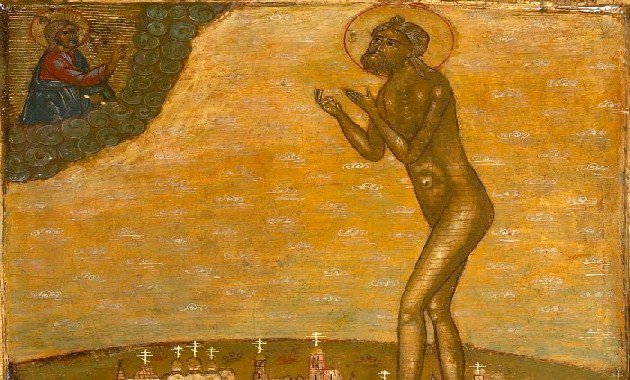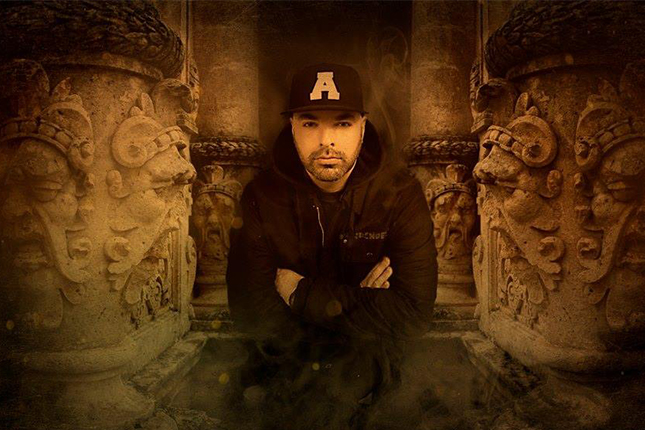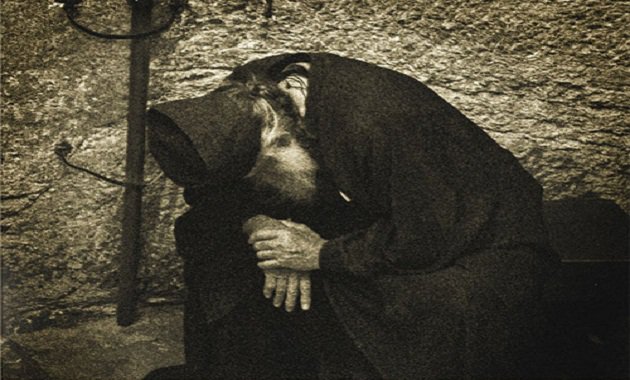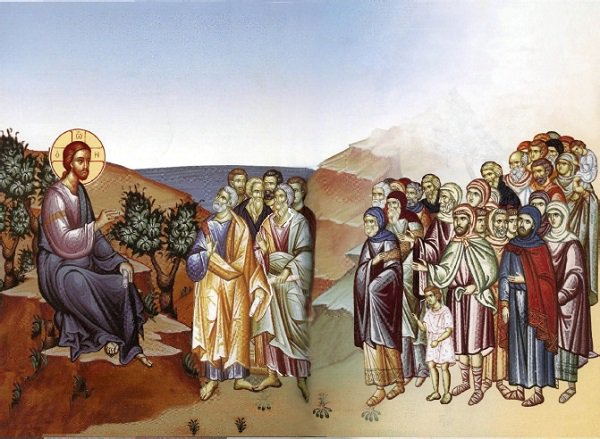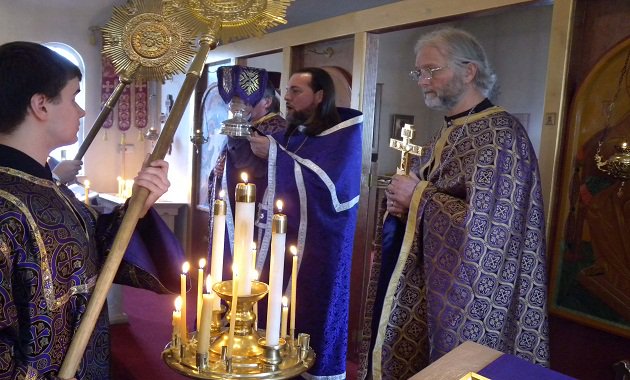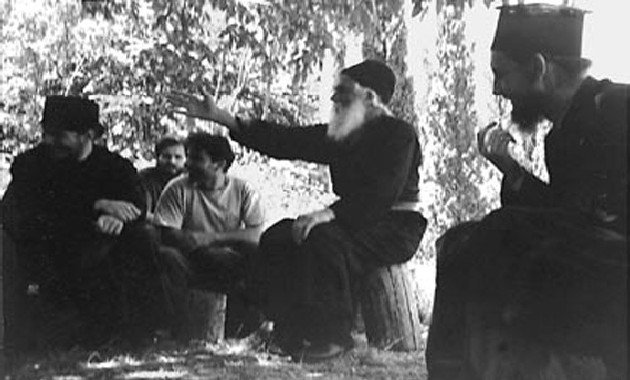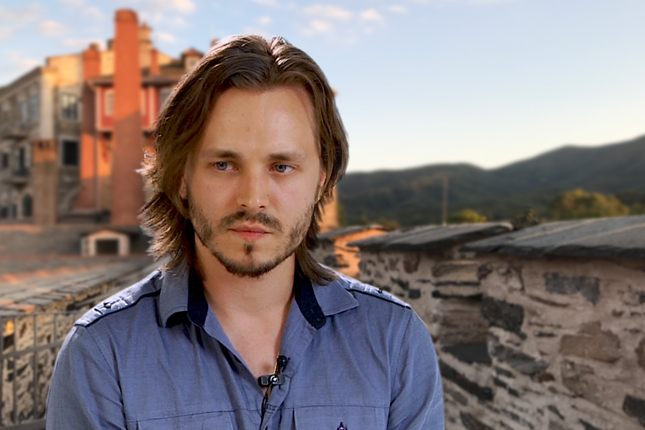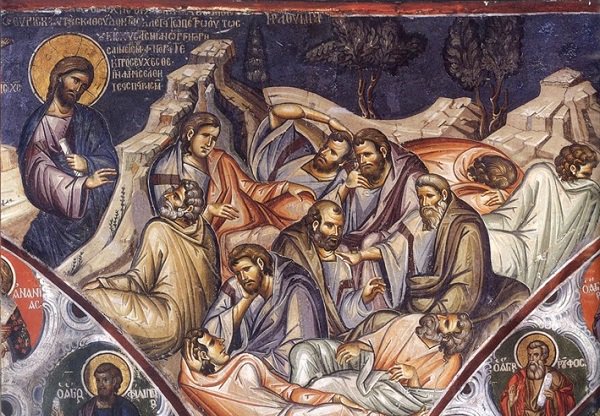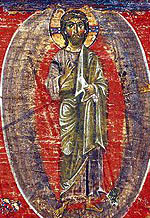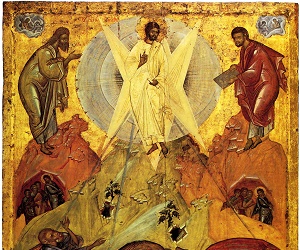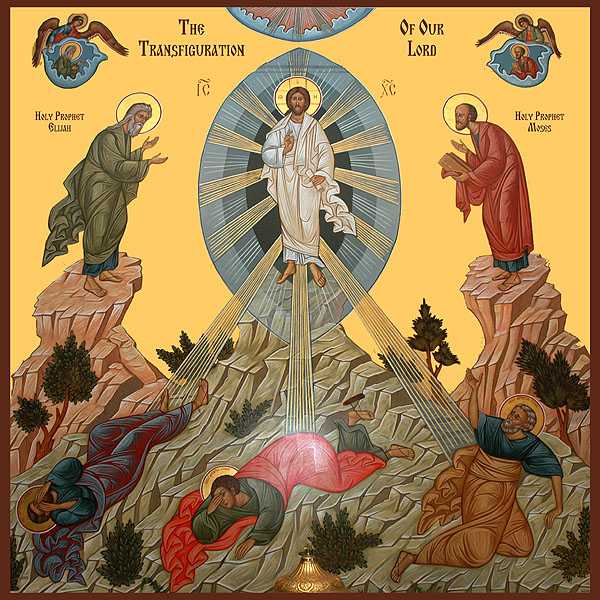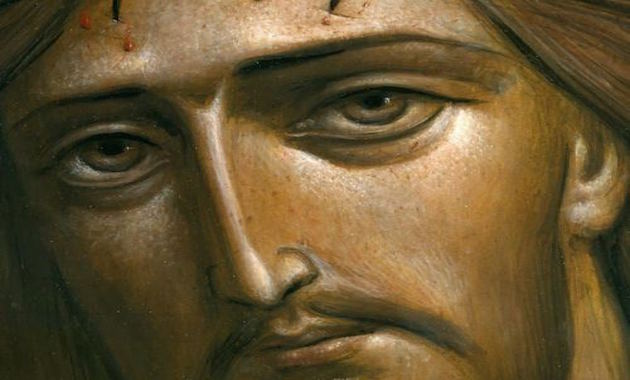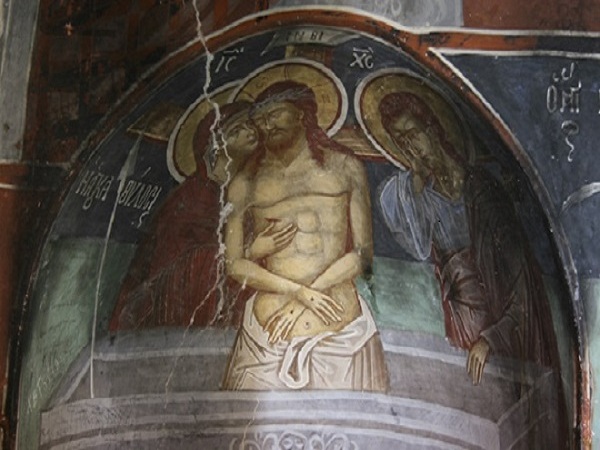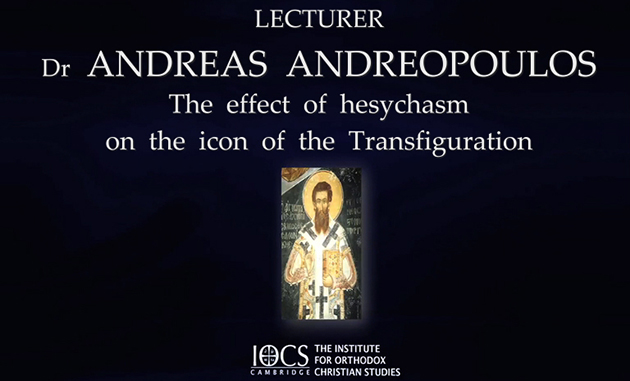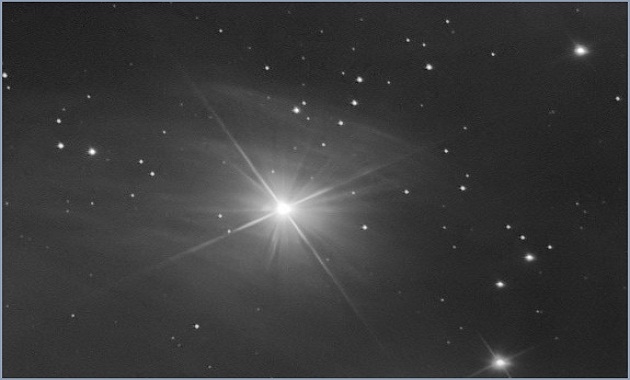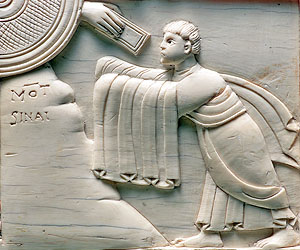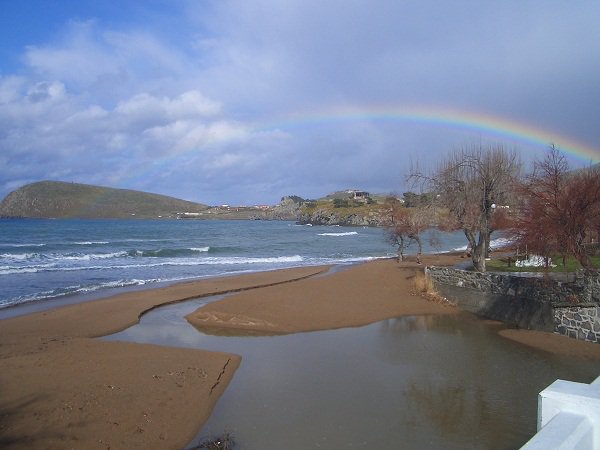
Religious convictions concerning the end of the world, the final judgment, the justification of the righteous, the punishment of sinners by the Messiah, and His kingdom, have, for a thousand years, been at the centre of the heresy of millennialism (Chiliasm). This heresy is based on the book of the Revelation and, in particular, on chapter 20, verses 1-10. We shall attempt here to present the manner in which this teaching concerning the thousand-year kingdom of Christ arose and the repercussions it had on Christian communities at different times. We shall mention the Fathers who interpreted the text according to Orthodoxy and how the same passage has been seen erroneously by some contemporary ecclesiastical writers who have created heresies. We ...

